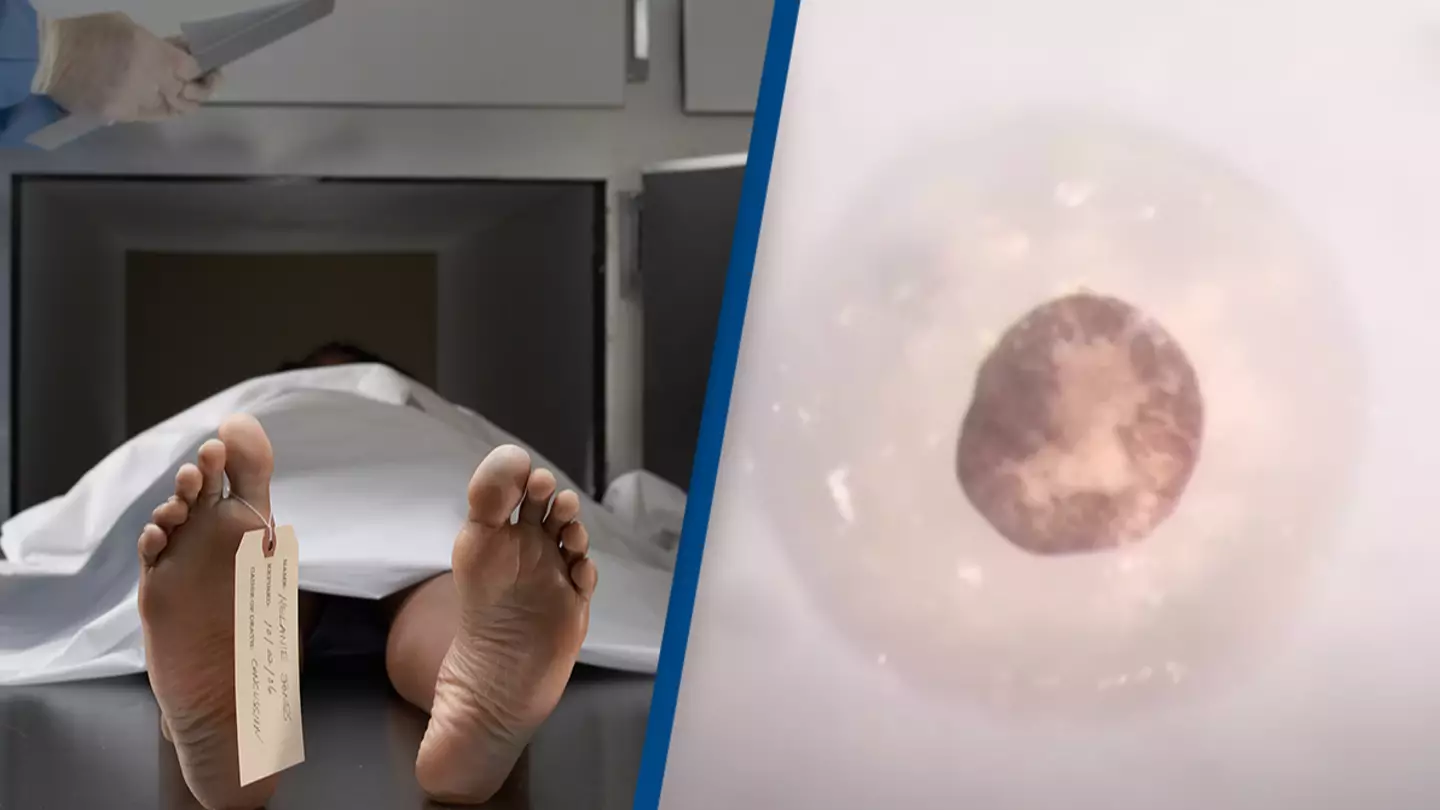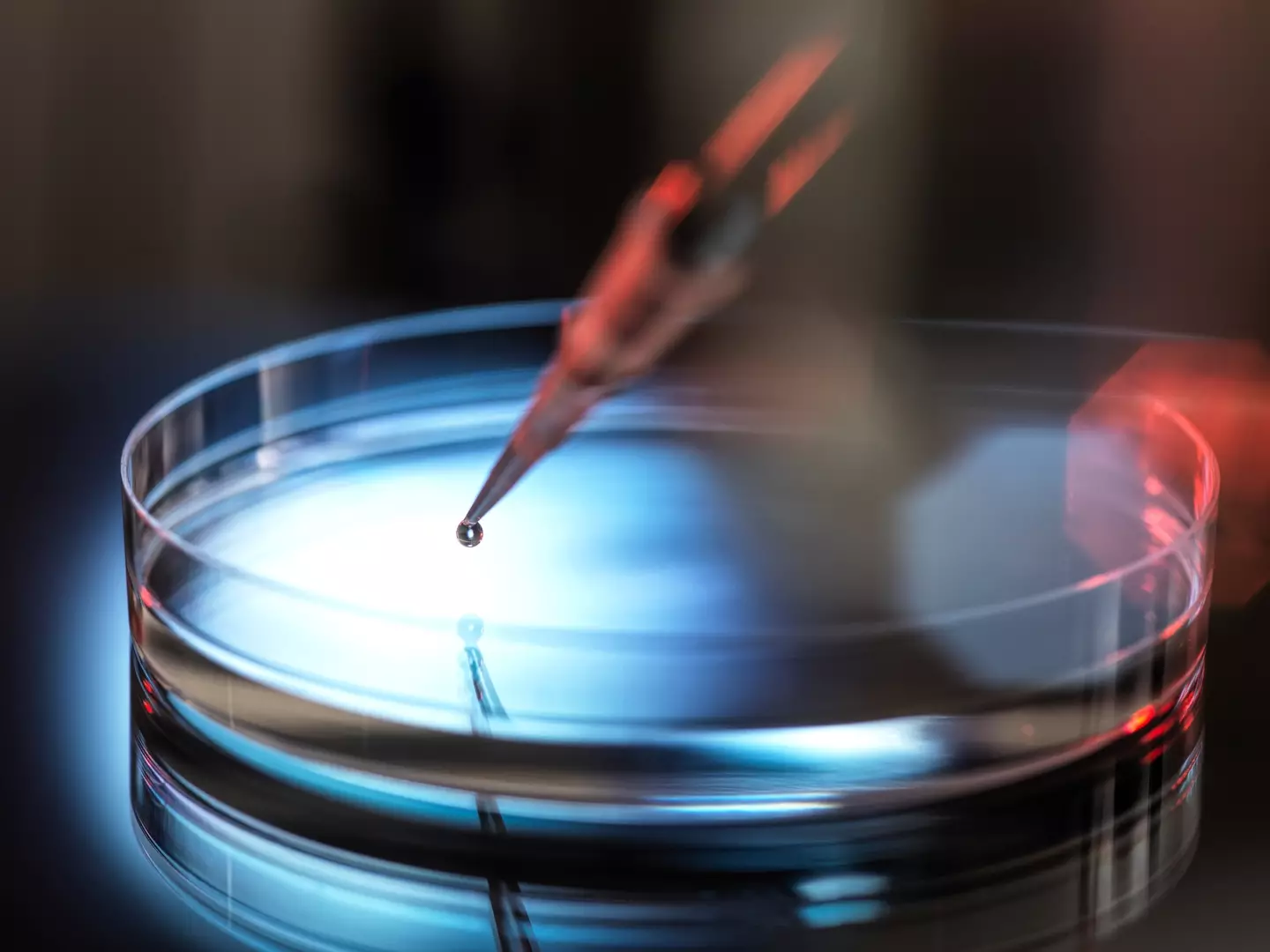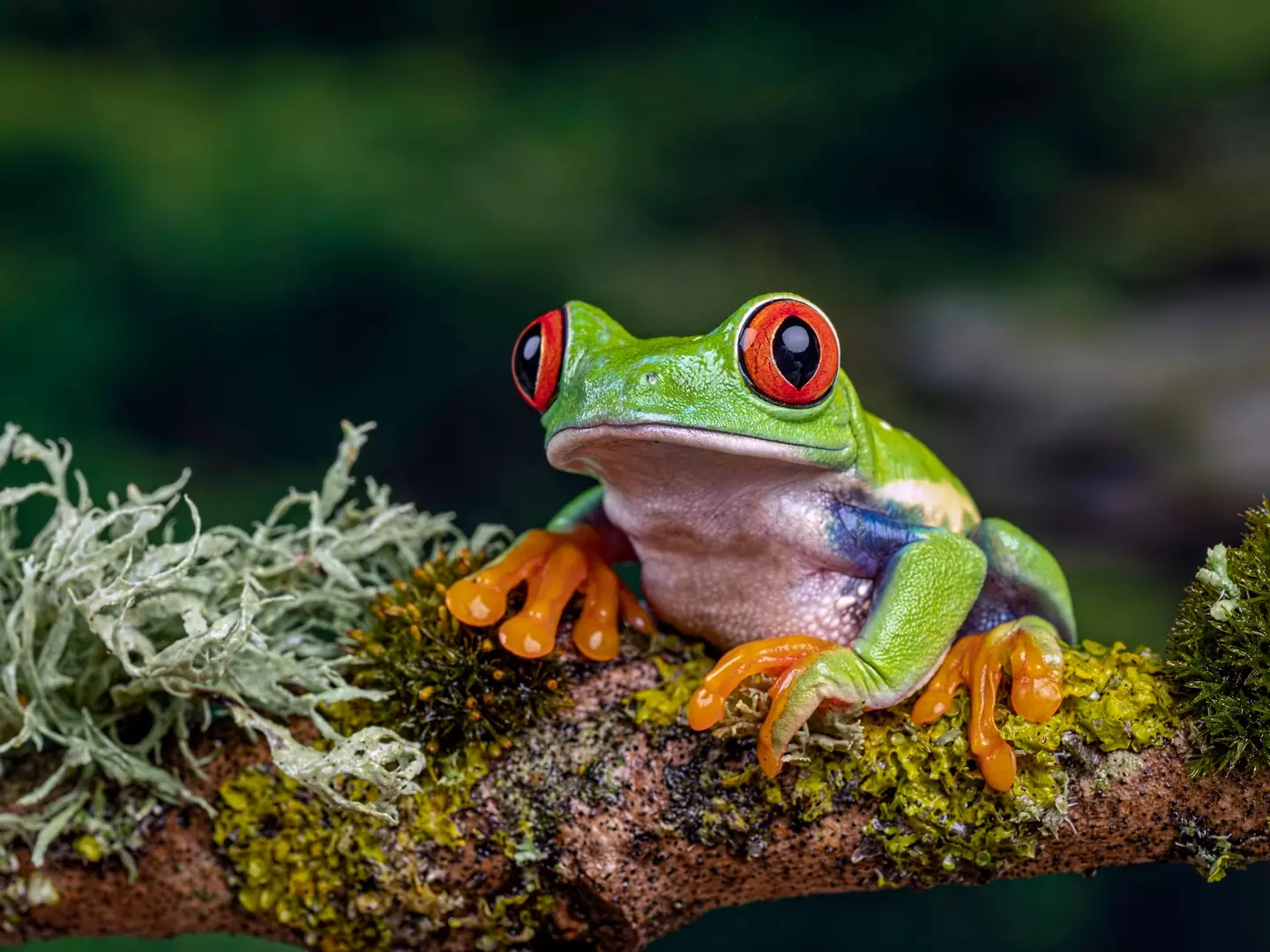
Setting religion and beliefs about an afterlife aside, most people agree there are two stages to the experience of living organisms: life and death.
Obviously there's usually a lot that goes on in the middle, but the general consensus is that death is the end point.
Now, however, biologists studying how cells could be repurposed have suggested there might be another state altogether - one that could prove groundbreaking in the field of synthetic biology.
In an article published in The Conversation, biologists and co-authors Peter Noble and Alex Pozhitkov described how the emergence of new multicellular life-forms has allowed us to move past 'the traditional boundaries of life and death'.
Advert
Noble and Pozhitkov study what happens within organisms after they die, and with successful organ donations having proven that cells can continue to function after someone dies, they have looked further into the mechanisms that allow this to happen.

In their study, the researchers focused on biobots, which arise from the cells of dead organisms, and their capacity to transform into multicellular organisms with new functions after death.
Previously, researchers have found that skin cells from dead frog embryos were able to turn into multicellular organisms called xenobots, which showed new behaviors.
For instance, they were able to move using hair-like projections called cilia, which usually are only able to move mucus, not cells themselves.
And when studying human lung cells, researchers found cells could assemble themselves into miniature multicellular organisms capable of moving and behaving in new ways.

Considering both of these findings, the researchers noted that there is an 'inherent plasticity' to cells.
With that in mind, researchers could use cells from organisms that are both dead or alive, and potentially turn them into machines with entirely new functions.
There are certain conditions that determine whether cells and tissues can survive after an organism dies, Noble and Pozhitkov said, including environmental conditions, metabolic activity and preservation techniques, as well as factors such as age, health, sex and type of species.
However, further research needs to be done to determine how these variables work together to allow certain cells to continue functioning after the death of an organism.
Though research is ongoing, Noble and Pozhitkov explained that the prospect of the 'third state' not only gives new insights into how adaptable cells may be, but also offers prospects for new treatments.

Giving examples of how the theory could be put into practise, the authors said: "Anthrobots could be sourced from an individual’s living tissue to deliver drugs without triggering an unwanted immune response.
"Engineered anthrobots injected into the body could potentially dissolve arterial plaque in atherosclerosis patients and remove excess mucus in cystic fibrosis patients."
If put to use, the researchers noted that the biobots last no more than 60 days, which would prevent the growth of potentially invasive cells.
Topics: Science, Health, Technology